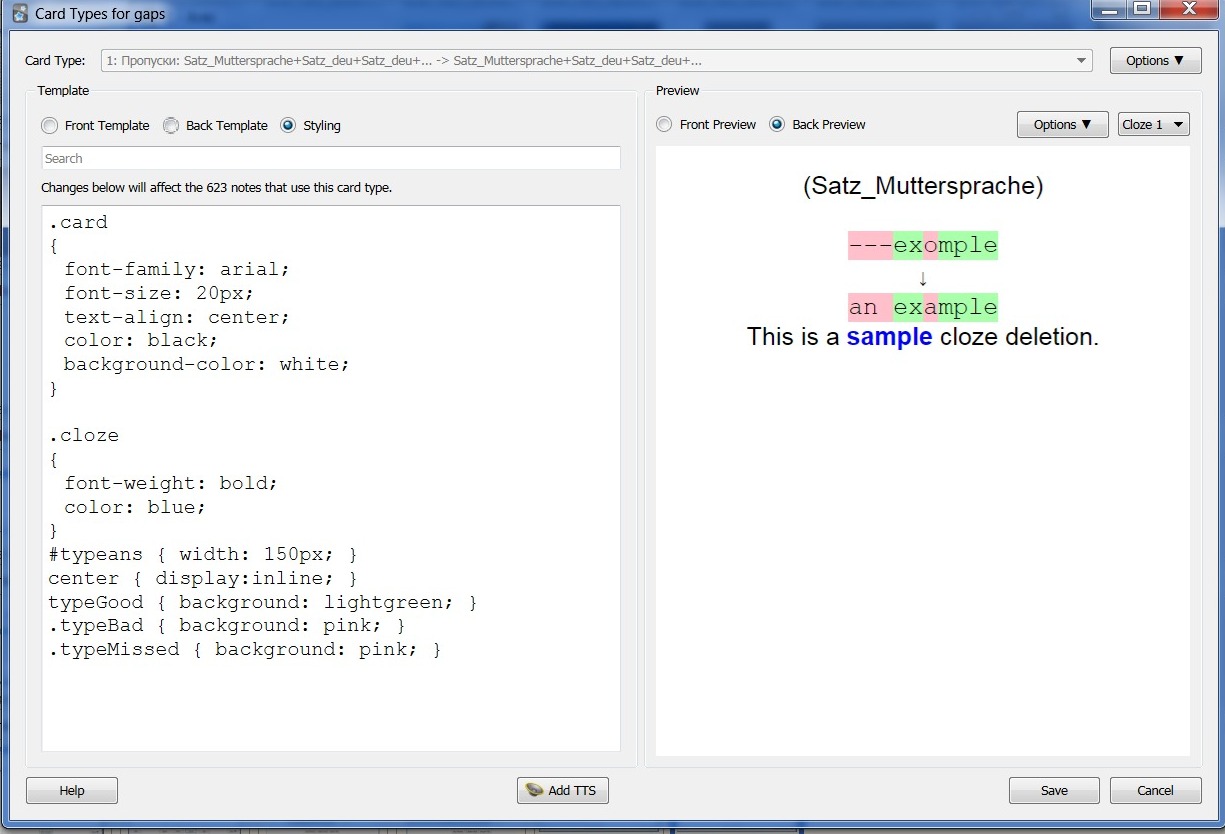

You don’t have to limit yourself to being a cloze-answering robot, either, because it’s a damn good recipe for losing the big picture. In the first place, making cards for each step and making sure that they show up in the right order is confusing, and putting everything into one cloze card is overwhelming…and ALSO confusing. You LEARN them sequentially - that is obvious - but it’s fine to TEST it either in a linear or nonlinear way as long as you truly learned them before practicing them. You don’t need to make flashcards that tests you of the steps sequentially. I want to make sure you’re thinking about learning processes the right way: First Things First - You gotta think the right way about learning processes. If you do it correctly, you’ll be able to retain the big picture AND the details, and come up with a sure answer even when the questions are presented differently.īut first, we gotta get the thinking right. So I’m going to share with you simple, repeatable steps + a card template to make cards for long processes that have the right amount of context and feel “just right” to review. …all of which just take away from the reason you’re using Anki in the first place! You’re using Anki as a tool to complement your study process, not to spend all of your time endlessly tweaking the thing.
#Anki cloze full
Make one large card that has the overall content full of cloze deletions?.You can download the latest version of LPCG direct from GitHub or go to the GitHub page to have a look at the code, report bugs or suggest features on the issue tracker, and submit pull requests (if you so desire).In this post, you’re going to learn the simplest, best way I know of to learn long processes as an Anki learner.įirst off, you’ve probably been told to “make short flashcards” but don’t know how exactly “short flashcards” can be made from long processes. If you have any questions, feel free to ask me, using the option on this site or the information in the Support section of the readme.
#Anki cloze update
You can update the text later by modifying the original file and rerunning the script.Īs a standalone command-line script, LPCG might be a bit unfamiliar for some users (Linux folks will feel right at home), but if you go through the README, it should be easy enough to pick up.
#Anki cloze software
LPCG solves the problem: you edit the poem or song in a text file using software like Notepad, TextEdit, or vim, then run the LPCG script to generate the cloze cards and import them into Anki. There is no easy way to do this with stock Anki: you either have to make all of the cards manually or display the text both before and after the clozed line (which provides more context than you will ever have when trying to recite/sing the text). I've found the best way to learn verbatim texts like these using Anki is to create overlapping cloze deletions (e.g., display lines 1 and 2 and ask for line 3, then display lines 2 and 3 and ask for line 4, and so on).
#Anki cloze generator
Anki Lyrics / Poetry Cloze Generator is a Python script to help you memorize poetry and song lyrics with Anki.


 0 kommentar(er)
0 kommentar(er)
